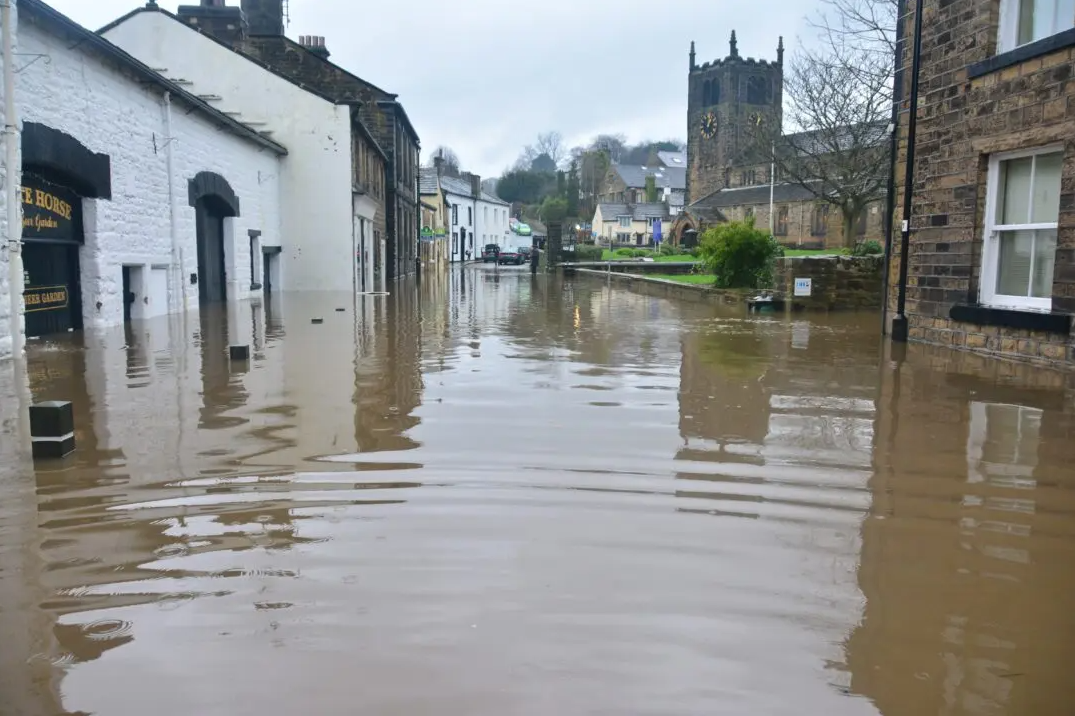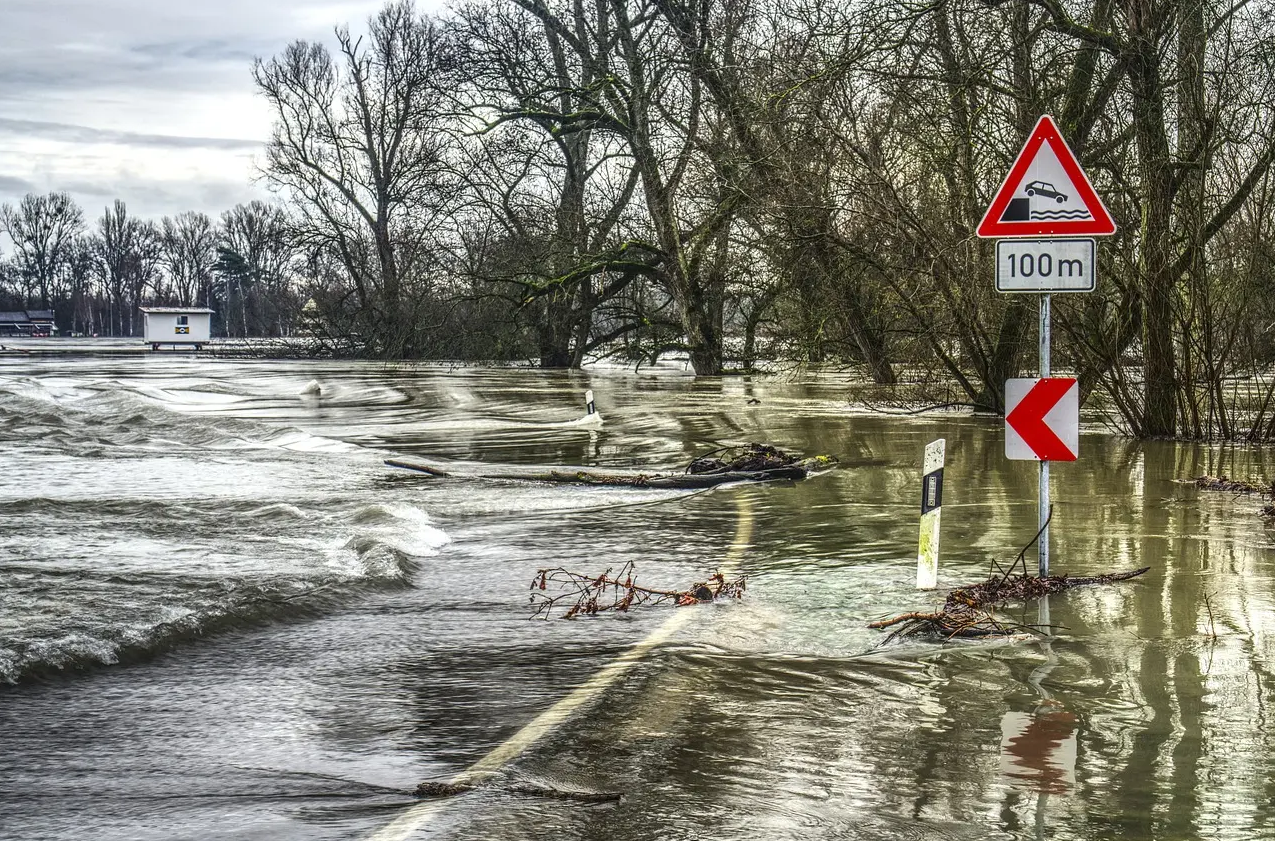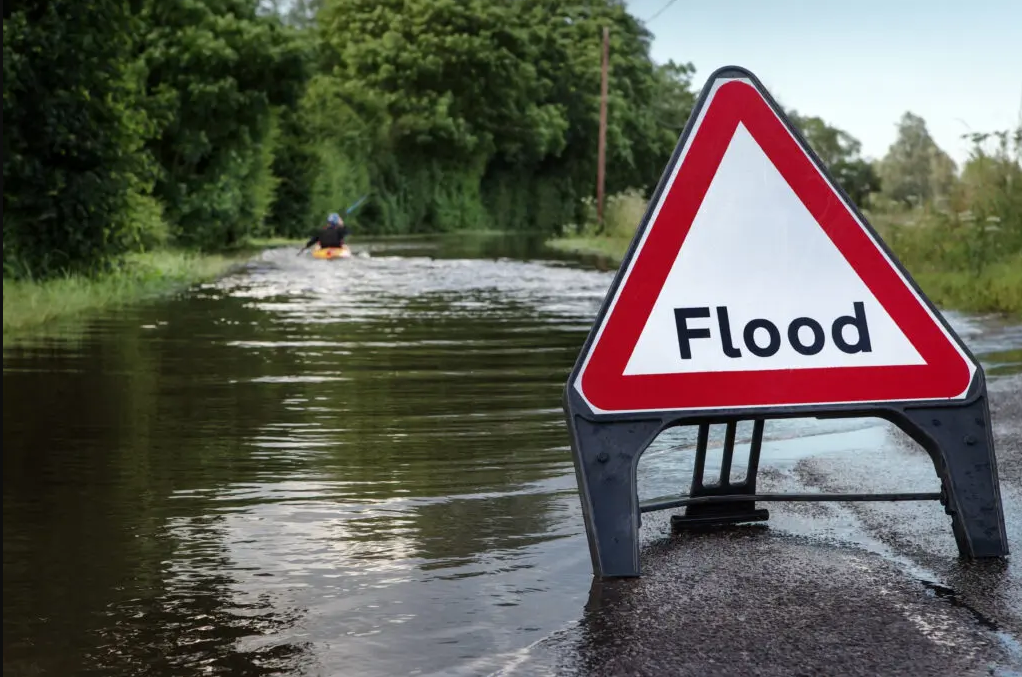


Facts for Floods – Flooding is one of the most destructive natural disasters globally, significantly impacting lives, economies, and environments. In the UK alone, one in six properties is at a high risk of domestic flooding, highlighting the urgent need for heightened awareness and proactive measures among homeowners and communities.
This guide explores crucial facts about flooding, its causes, various types, and the profound effects on affected regions. With 14.4% of commercial properties facing a significant flood risk, the necessity for comprehensive understanding and preparedness is clearer than ever.
Fast Facts:

Flooding can wreak havoc on communities, economies, and ecosystems. In the UK, the increasing prevalence of floods has prompted a surge in concern and a call for heightened awareness and preparedness among homeowners and the general populace. This comprehensive guide equips readers with vital knowledge on floods, their impact, and actionable steps for mitigation and recovery through domestic and commercial flood claims.
At its core, a flood occurs when an expanse of water submerges dry land. This natural phenomenon can result from various conditions, including intense rainfall, hurricanes, snowmelt, or even dam breaches. Understanding the intricate processes leading to floods is crucial for anticipating their occurrence and mitigating their impacts effectively.
What Oakleafe Clients Say:


Floods manifest in several forms, each posing unique risks and challenges:
Read more about types of floods.
Globally, floods affect millions, inflicting significant economic losses and devastating communities. Annually, flooding accounts for over 40% of natural disasters, underscoring the need for continual vigilance and preparedness. In recent years, climate change has intensified the frequency and severity of flooding events, posing additional challenges to disaster response and recovery efforts.
With its varied geography and climate, the UK faces a substantial risk of flooding, particularly in low-lying areas and regions near rivers and coasts, where basement flooding claims are common. Recent decades have witnessed several severe flooding events, prompting increased investment in flood defence mechanisms and re-evaluating land use planning and emergency response strategies.
Beyond the immediate physical damage, floods carry profound social and environmental implications. Communities are displaced, local economies disrupted, and natural habitats irrevocably altered. In the UK, pursuing resilience has sparked initiatives designed to improve community preparedness and strengthen ecosystems’ natural flood management abilities.
The Environment Agency defines flood warnings into three categories.
What steps you need to take depends on which flood warning is in place. The environment agency categorises flood warnings based on the public’s risk.
1. Flood Alert
You should be aware that flooding is possible. You should remember to:
Flood Warning
Flooding is expected, and you should be prepared. Things to remember:
Severe Flood Warning
Severe flooding is expected with danger to life. Things you should remember:
There are many different ways to check what flood warnings are active in your area. The Environment Agency has an online search function where you can enter your postcode.
To find out if you’re in an affected area, click here.
You can also sign up to receive environmental agency alerts for your home or business. This service is free. You can find this service by clicking here.
As well as this, you can keep up to date with the latest flood risk situation – call Floodline on 0345 988 1188 or follow @EnvAgency and #floodaware on Twitter for the latest flood updates
Preventing and managing flood risks necessitates a multifaceted approach:
When your property suffers damage from flood water, it will cause water damage within your property, which needs to be managed correctly. It is important to ensure you’re safe and don’t enter your property if it is unsafe to do so.
Remember – don’t use the electricals within the property if there has been water in them. They will not be safe, and you’ll need a competent electrician to check them before use.
Once it is safe to enter the property, it is important to remember that any water within the property may be harmful to your health. You will need professional help to assist you in restoring your property.
Floods represent a daunting challenge, yet their impacts can be significantly mitigated with informed preparation and proactive management. For homeowners in the UK, understanding floods and adopting rigid prevention measures is vital for safeguarding homes, communities, and the environment. We can collectively enhance our strength against this natural threat by fostering awareness and preparedness.
Encouraging dialogue and action within communities is paramount. Sharing knowledge about floods, consequences, and effective countermeasures can empower individuals and society to confront this challenge confidently and quickly.
For further insights and guidance on house flood insurance claims, explore the wealth of online resources and engage with local authorities and community organisations dedicated to enhancing flood resilience.
Oakleafe Claims have represented policyholders and managed their insurance claims since before the First World War. We have vast expertise and experience in both domestic and commercial flood insurance claims with thousands of satisfied policyholders who have received their deserved insurance settlement. With no upfront fees required, our internal data shows that insurance claims managed by professional loss assessors like Oakleafe can expect a settlement up to 40% higher than claims managed by the policyholder.
What Oakleafe Clients Say:



Please complete the form and one of our insurance claim professionals will call you back ASAP